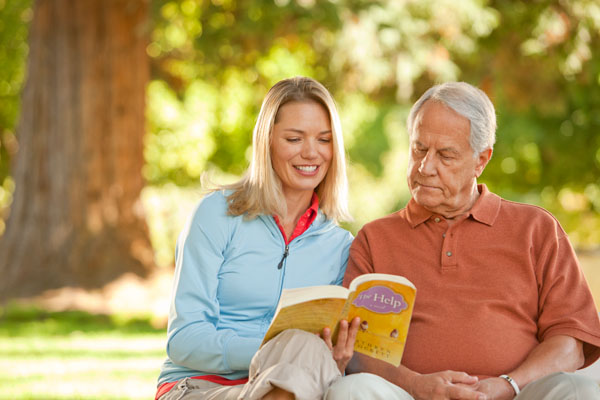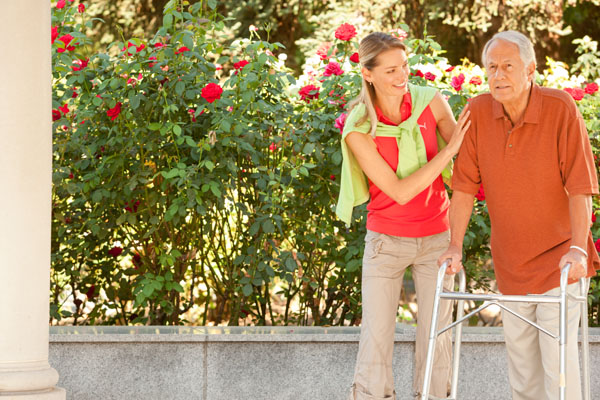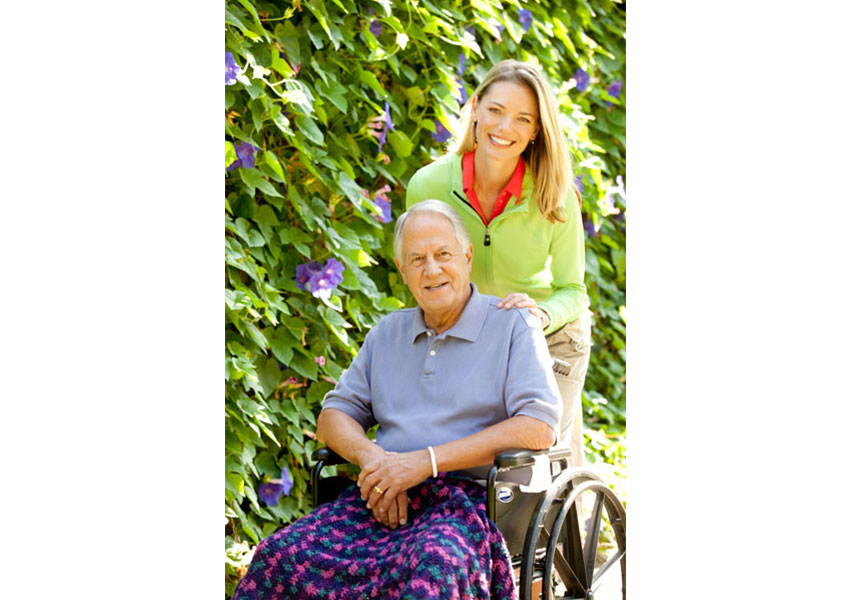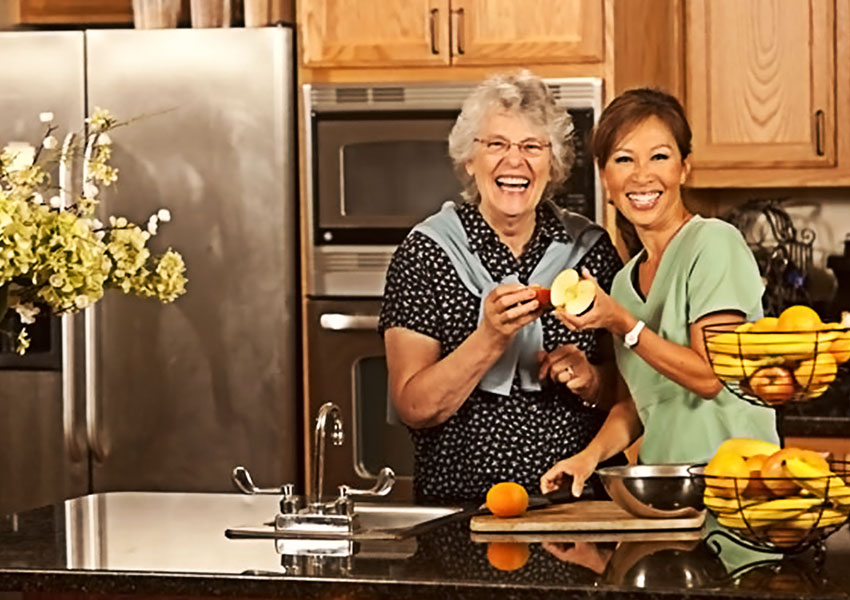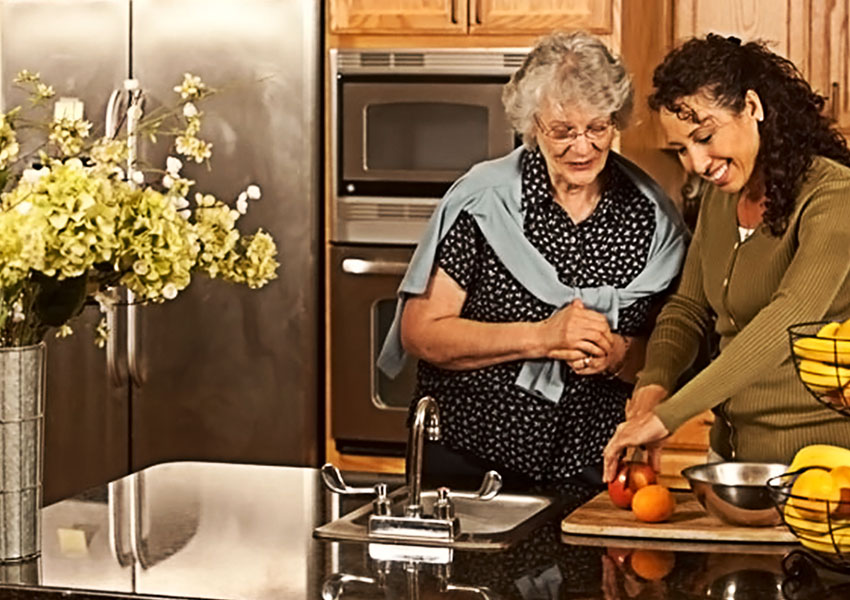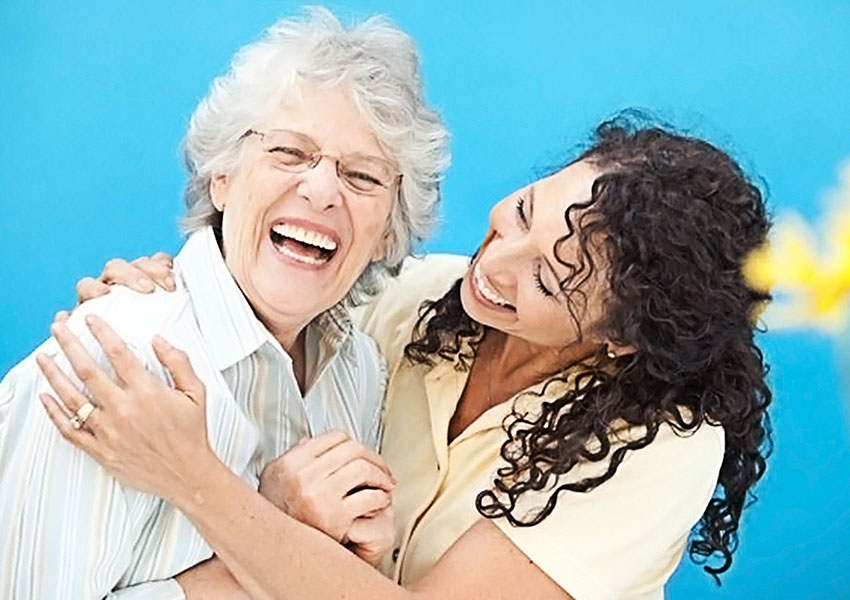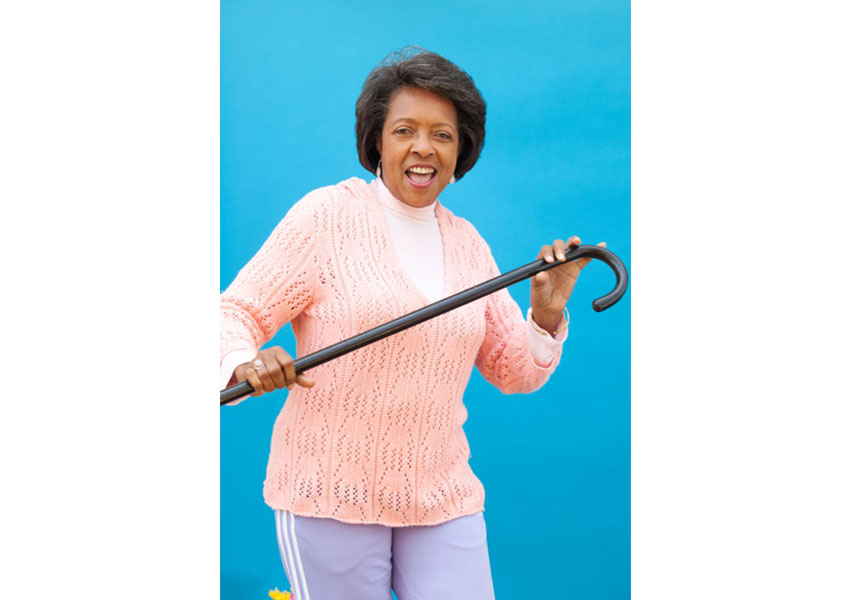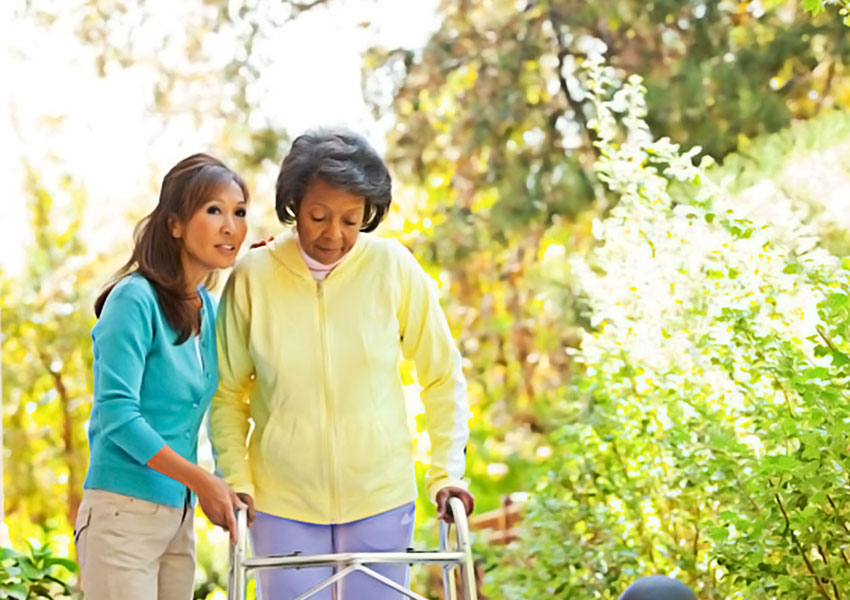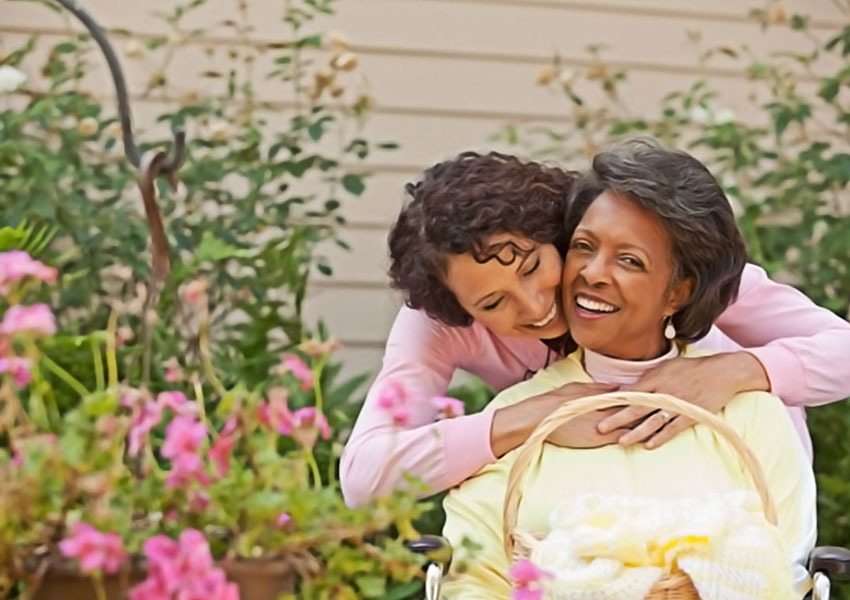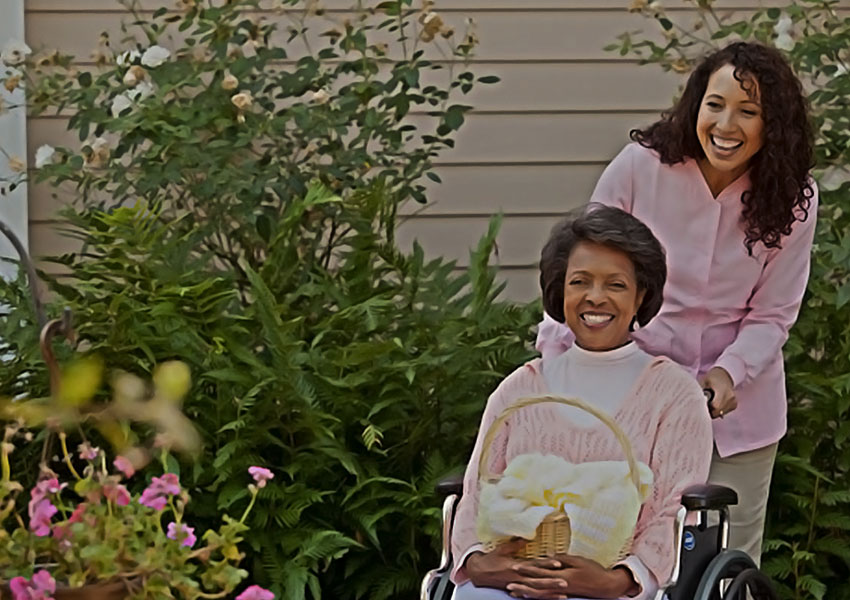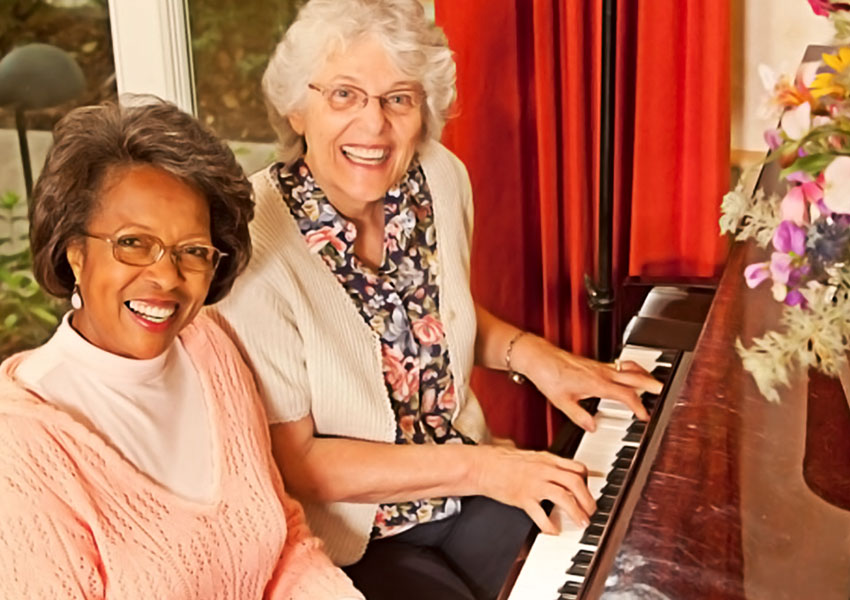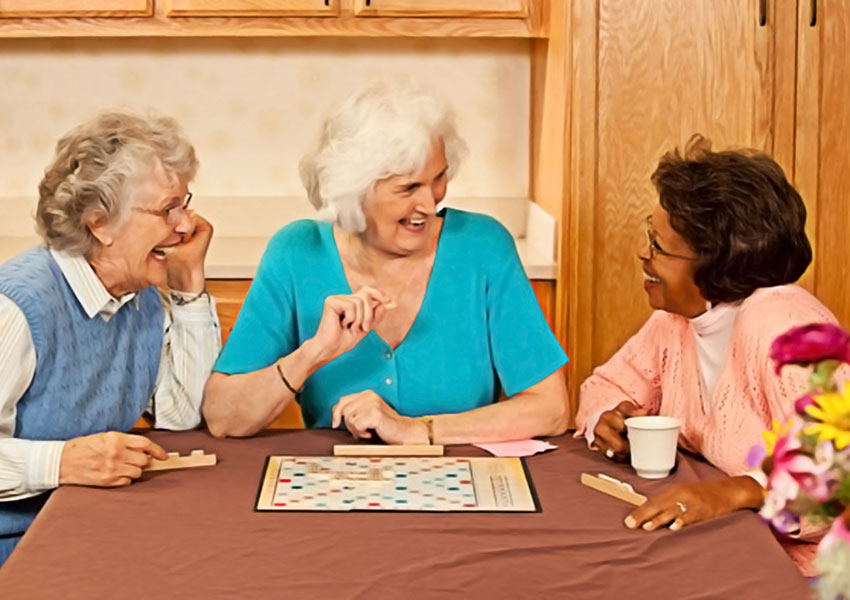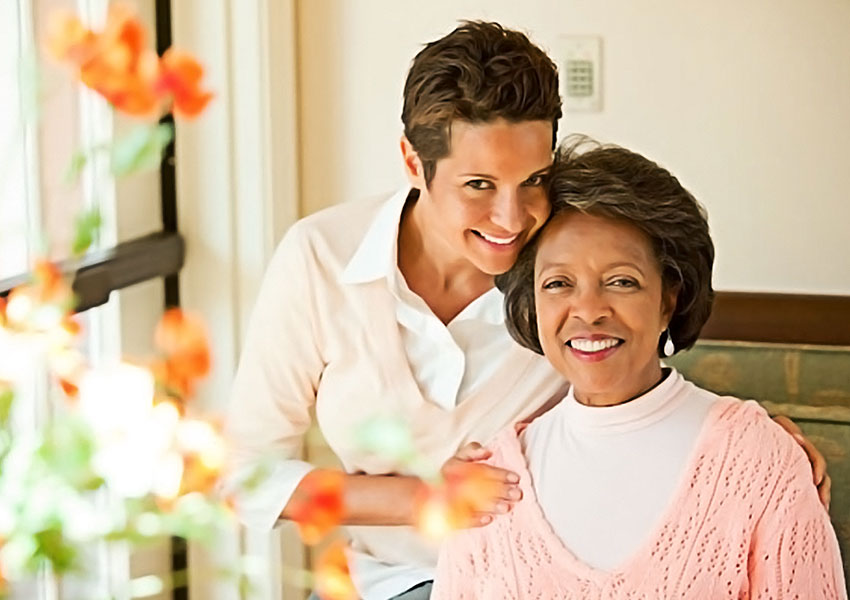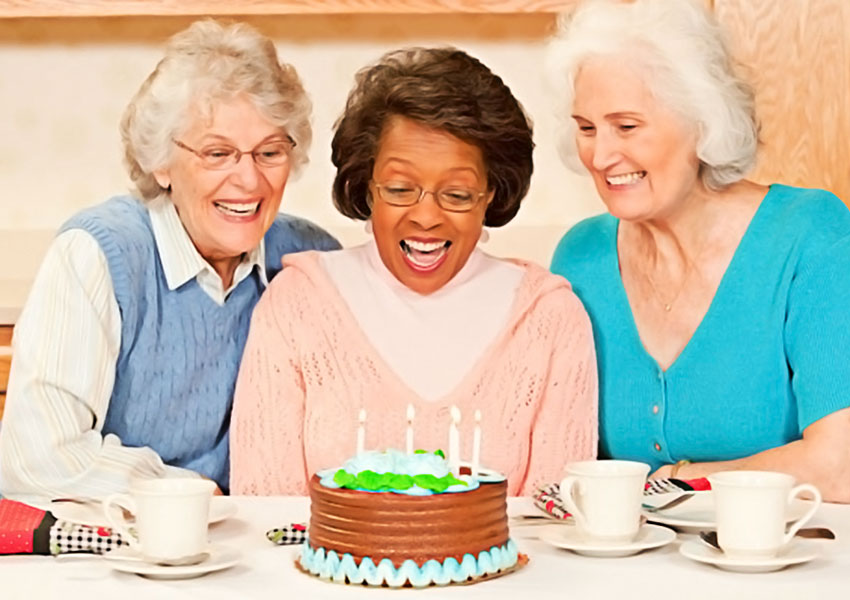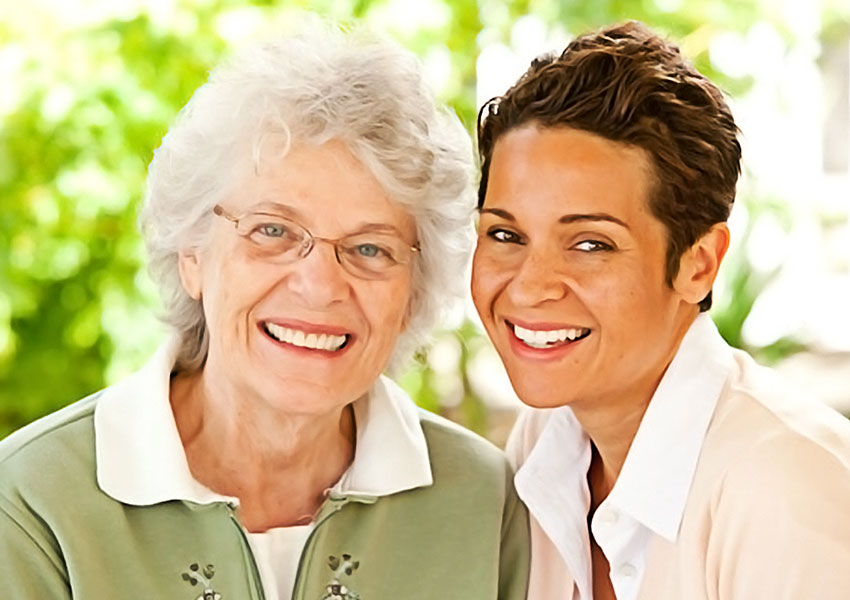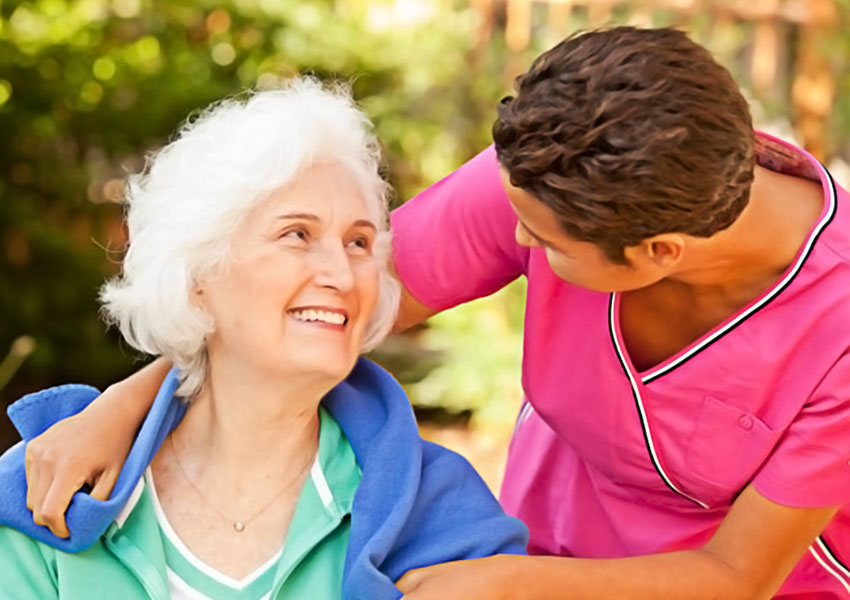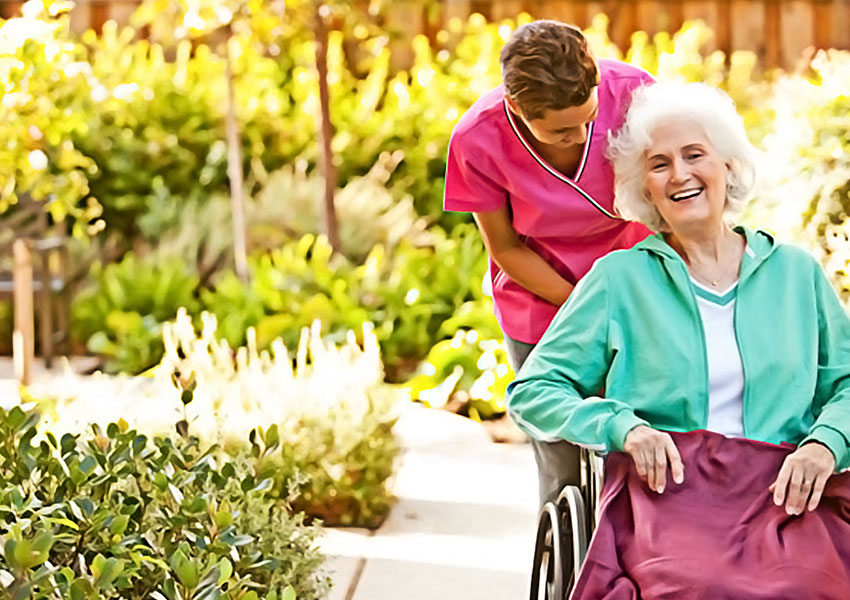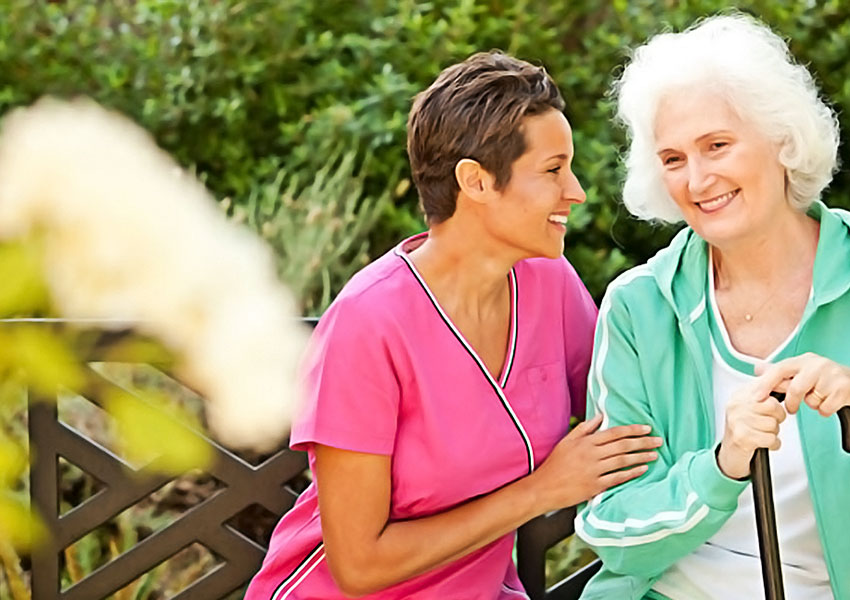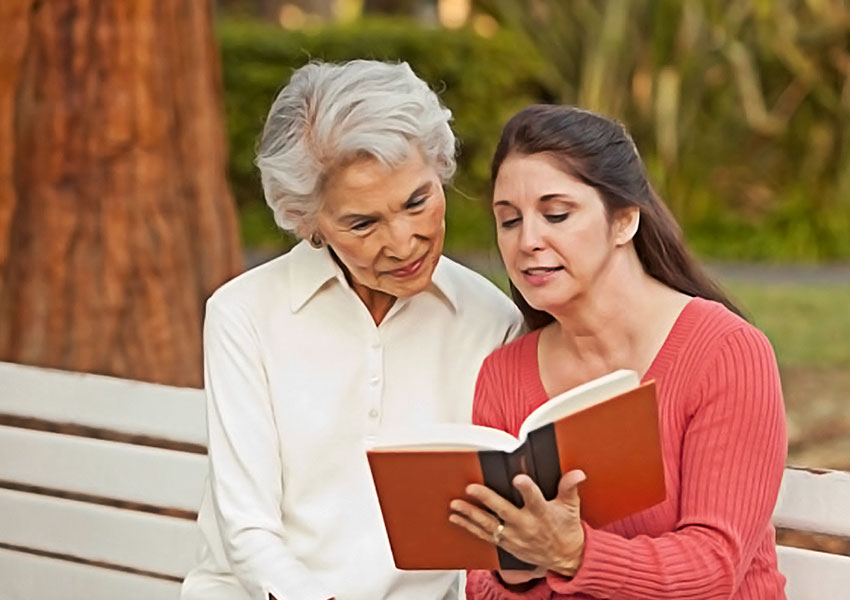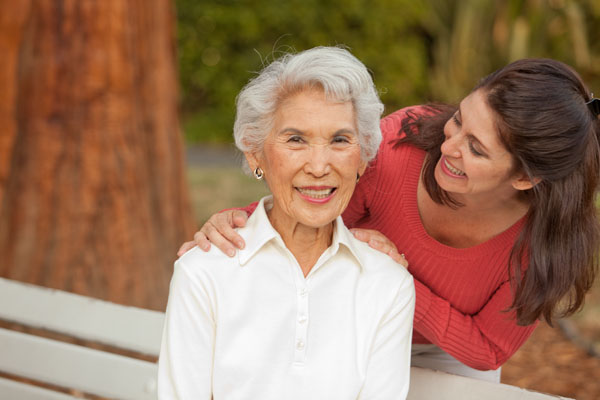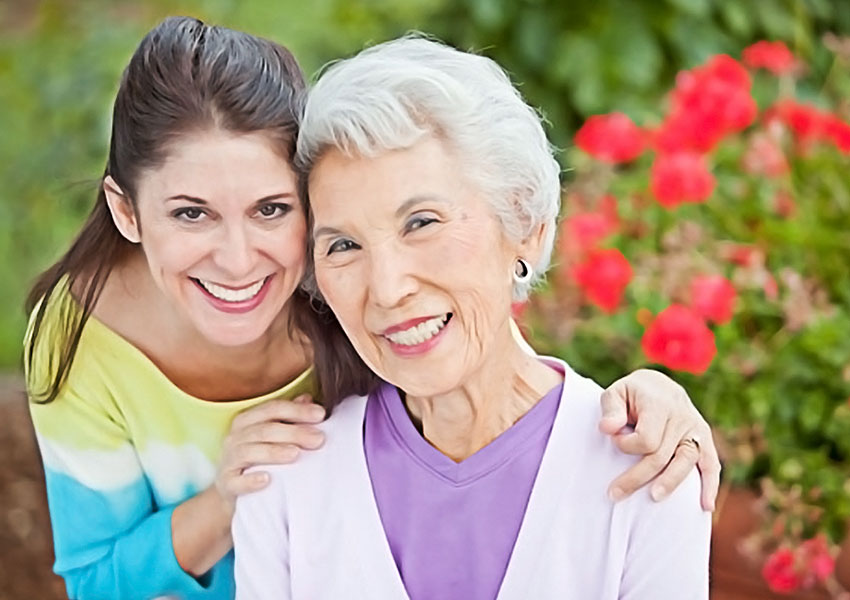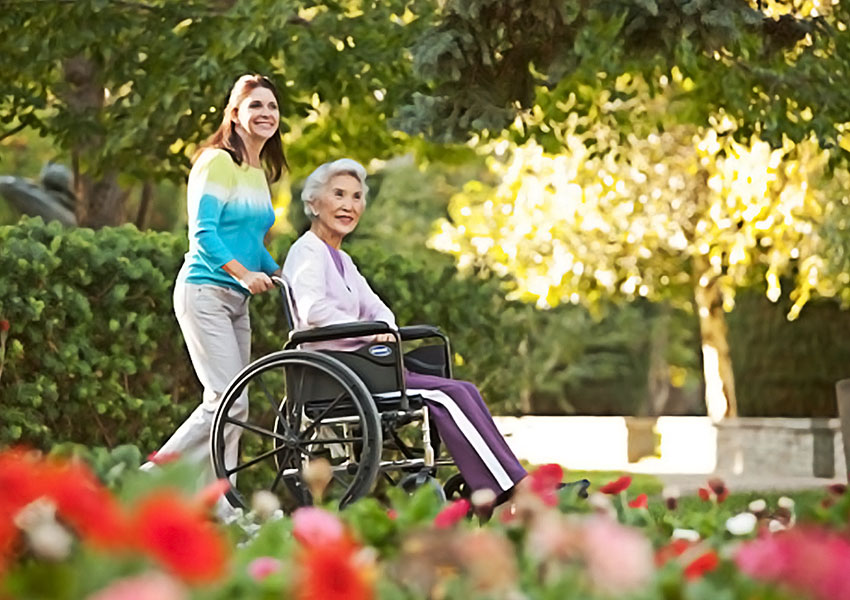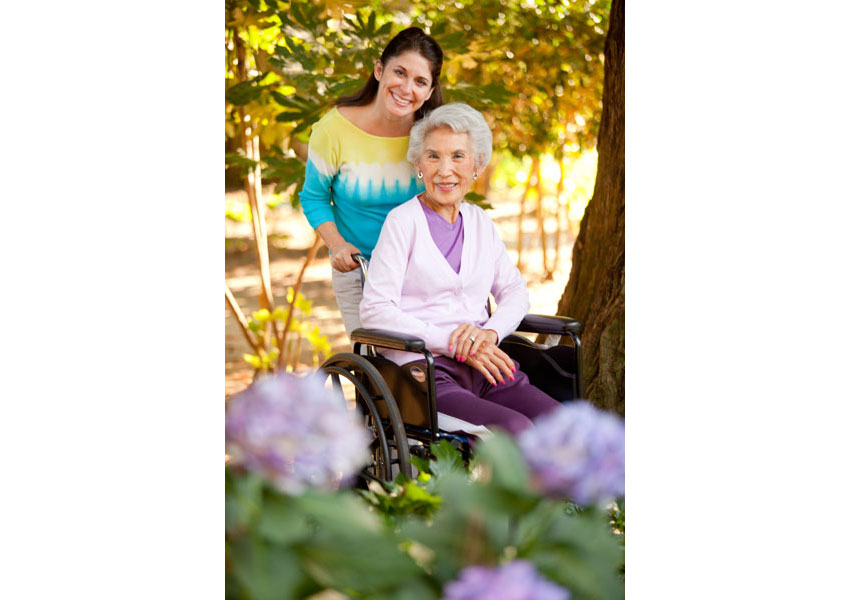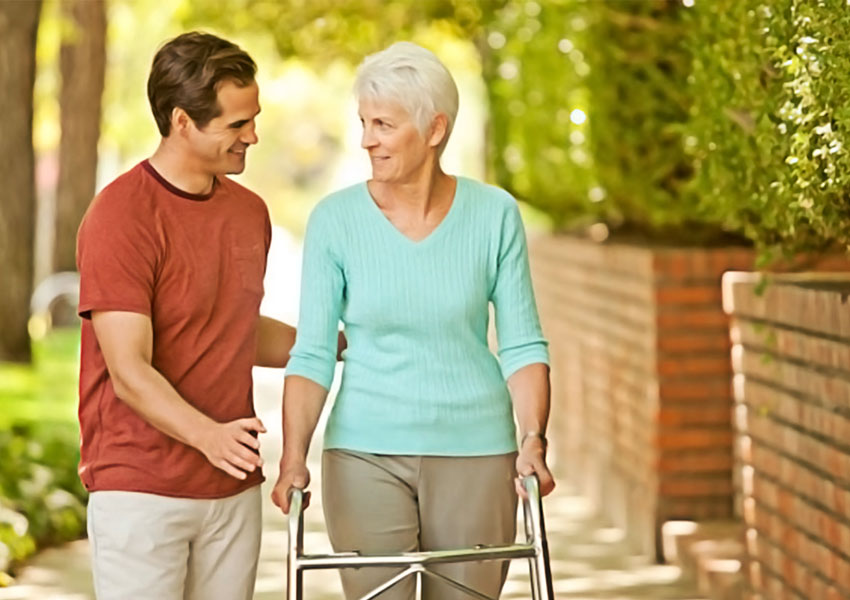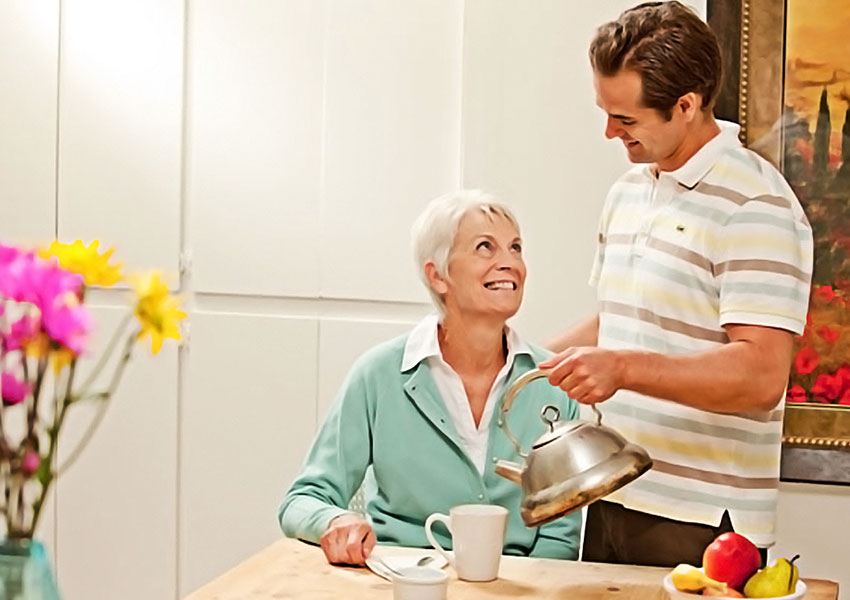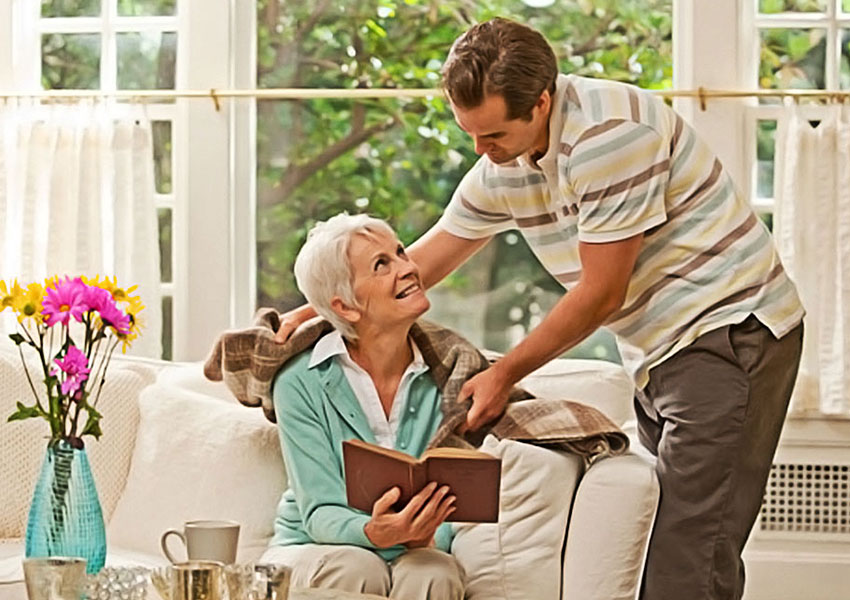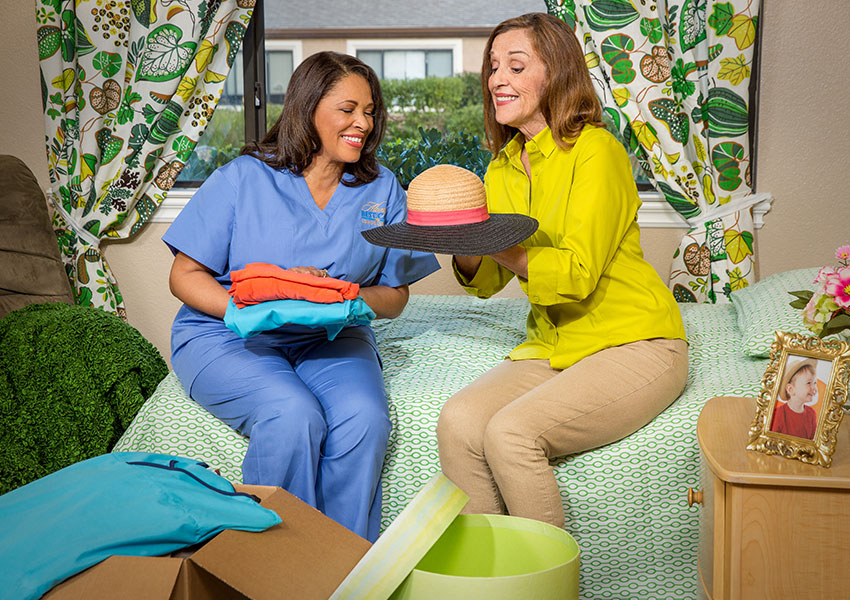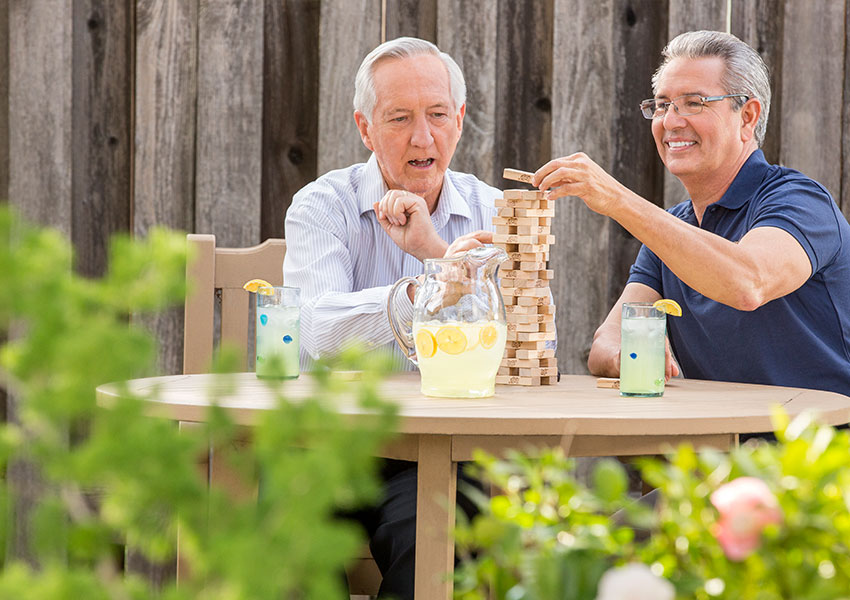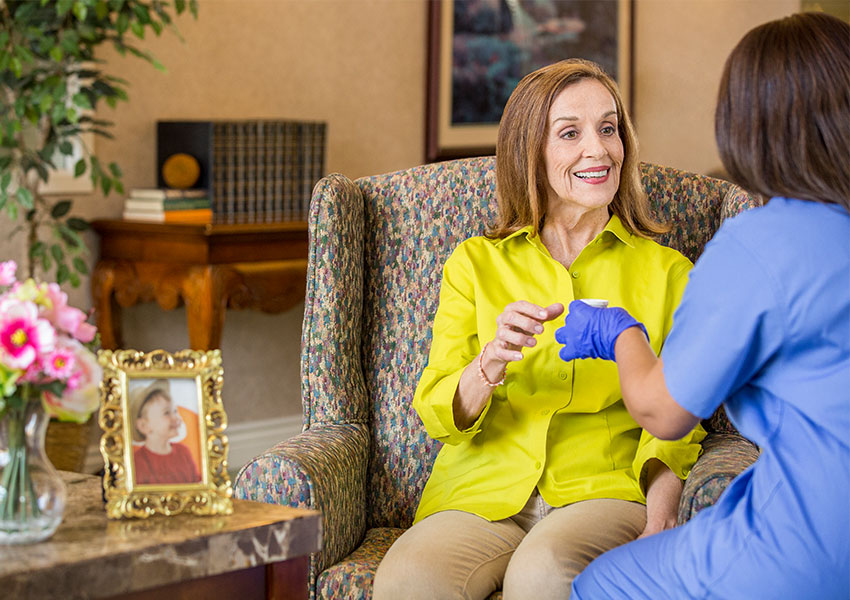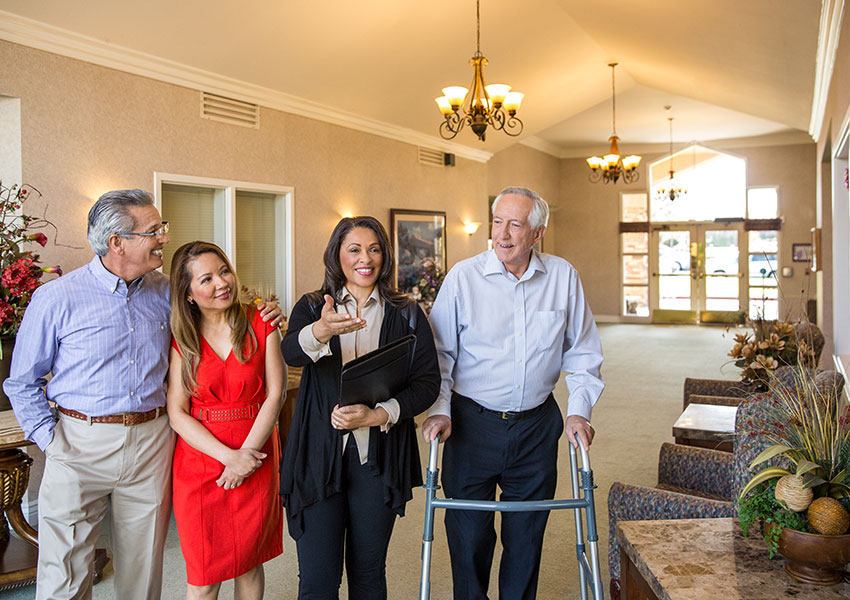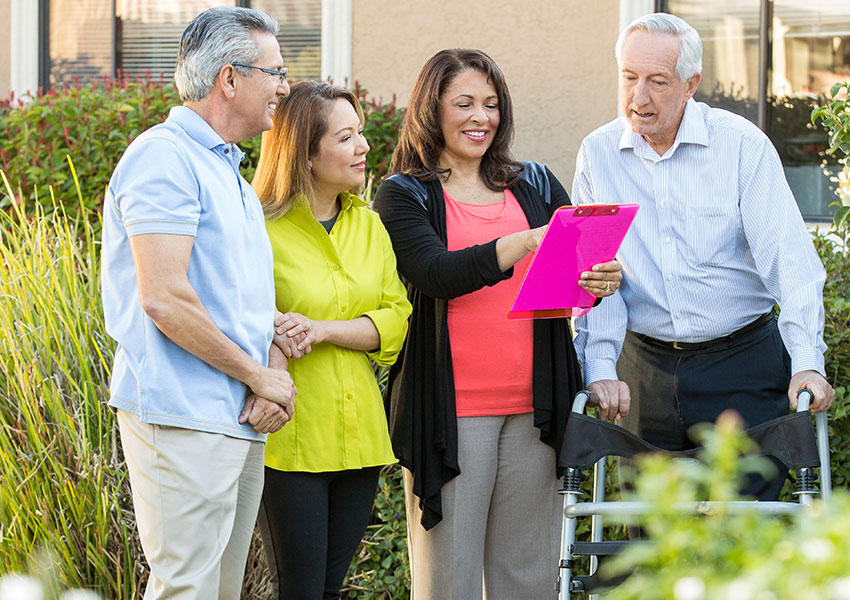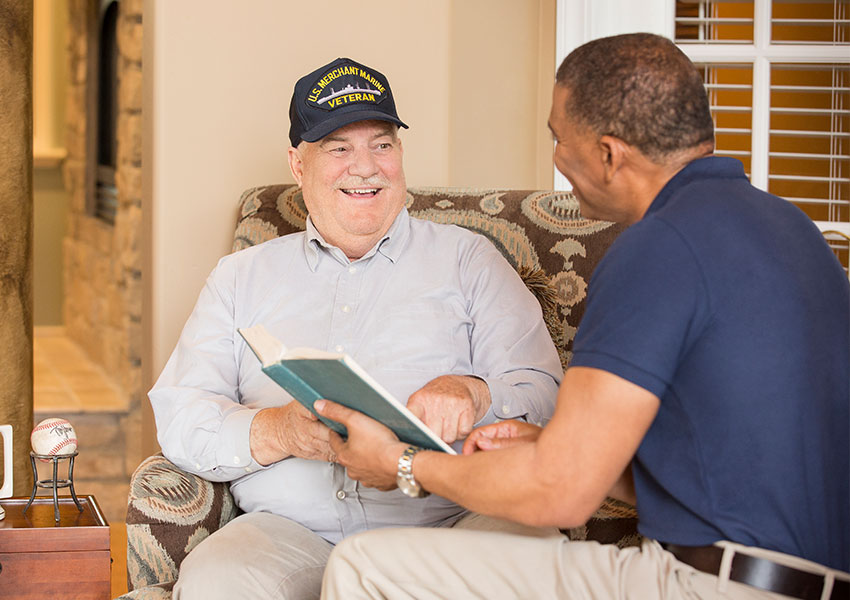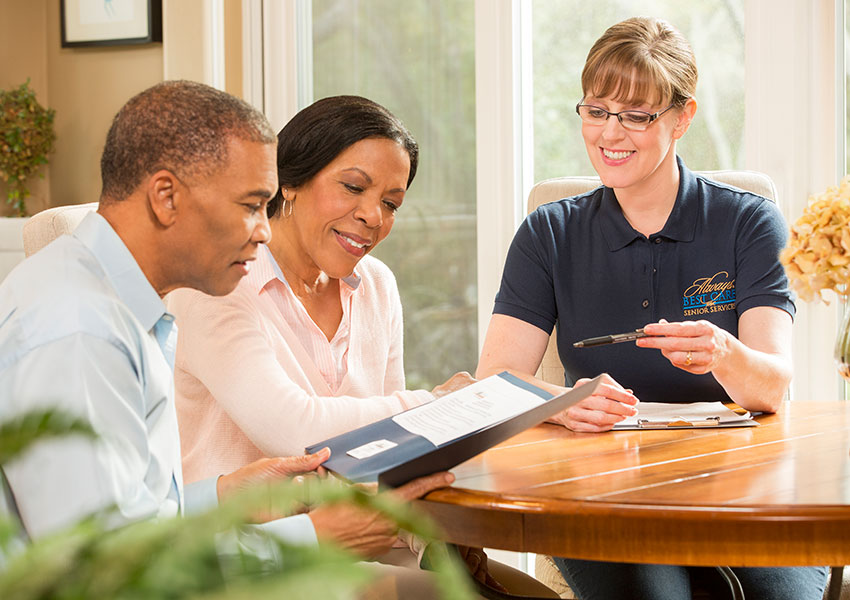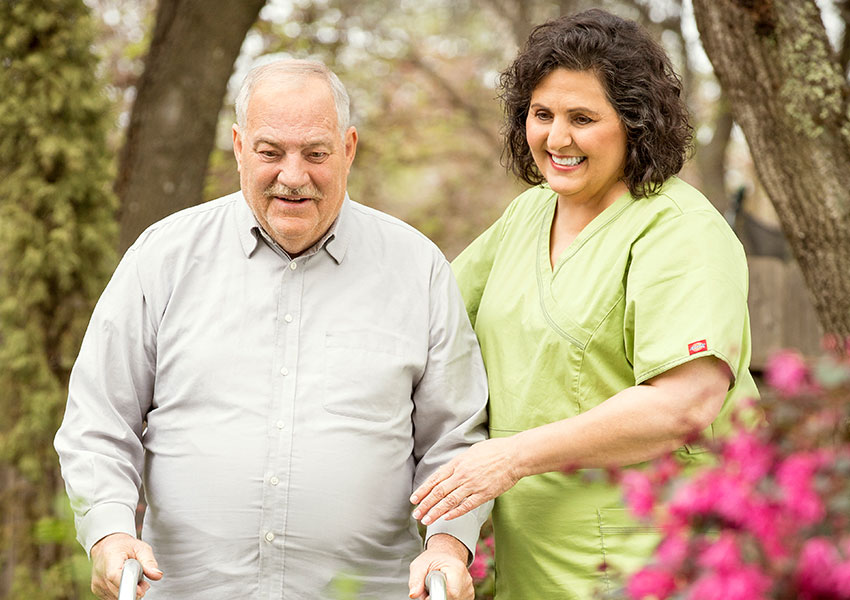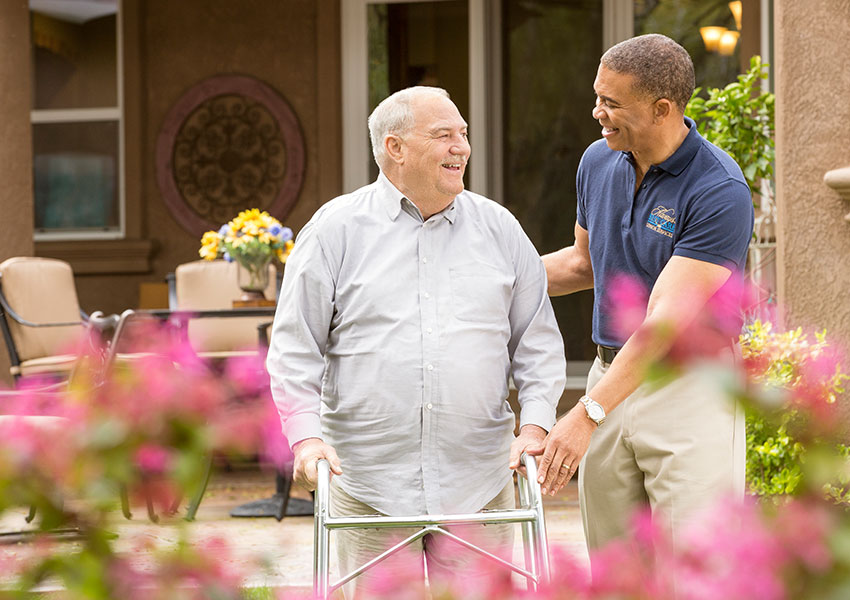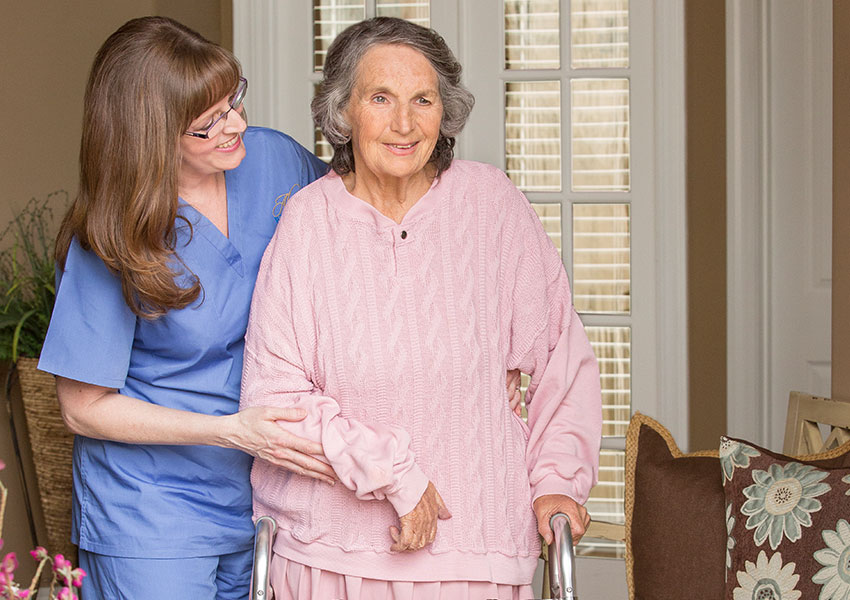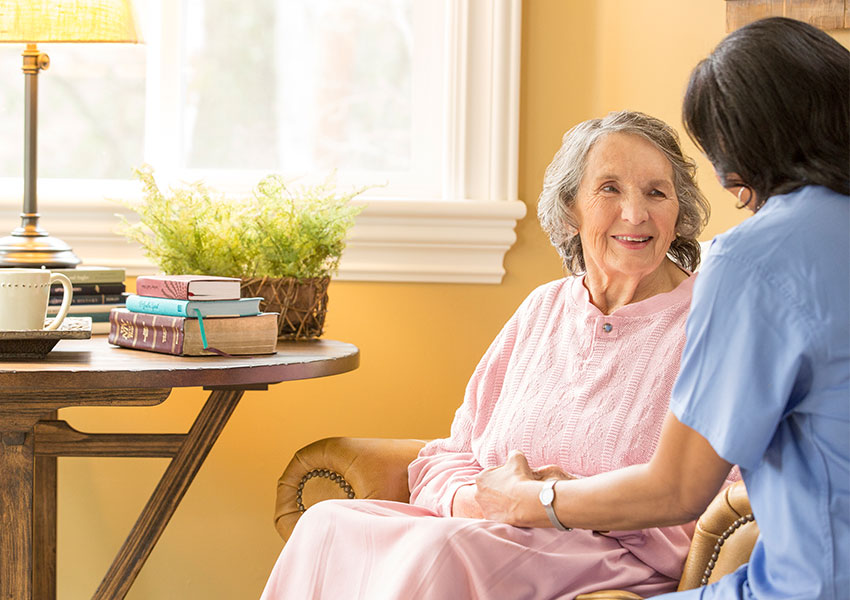 Life is full of milestones and transitions. Birthdays, graduations, marriages, retirements and other life events provide people with memorable signposts that they use to recall and reflect upon what they’ve experienced. Milestones and transitions are particularly important when individuals become older and reach retirement age and beyond. Leaving a job after many years of service and watching as family members grow, change and move can cause anxiety, and these challenges are often exacerbated by the erosion of social contact during aging.
Life is full of milestones and transitions. Birthdays, graduations, marriages, retirements and other life events provide people with memorable signposts that they use to recall and reflect upon what they’ve experienced. Milestones and transitions are particularly important when individuals become older and reach retirement age and beyond. Leaving a job after many years of service and watching as family members grow, change and move can cause anxiety, and these challenges are often exacerbated by the erosion of social contact during aging.
Seniors and Social Connections
Transitioning throughout life is made much easier by connecting with other people and sharing experiences. Sadly, seniors have a much more difficult time than others when it comes to maintaining a strong social circle on which to rely. Younger individuals make and maintain connections through school, work or participating in group activities outside the home. But seniors don’t always have those outlets available to them, which is why it’s so critical for family members and caregivers to encourage social interaction and help to create conditions where seniors can engage socially with their peers and others.
Following are some activities (and advice) to help the elderly remain socially engaged during their twilight years.
One of the more common complaints that seniors express is that they don’t feel like they’re able to offer anything of value to the community without a job to do. Of course, we all know that the elderly population has a wealth of experience, wisdom and love to offer. However, providing the means for seniors to feel vital and connect with others can be challenging.
Fortunately, the world is full of amazing volunteer opportunities for which seniors are ideal candidates. Whether it’s serving at the local soup kitchen or helping youngsters learn how to read, volunteering fulfills and enriches the lives of those who participate. For seniors, it also means being able to serve and interact with others in a meaningful way.
It’s so easy these days to spend hours sitting in front of the TV that people often forget that there are more productive and active ways to pass the time. New hobbies have the power to energize seniors, and they can provide entry into social situations, as well. Old hobbies that are rediscovered can also enrich the lives of the elderly.
Social interaction is increased through hobbies in a number of ways. Perhaps most important is the fact that communities tend to form around certain activities. For instance, scrapbooking is a popular hobby for seniors because it allows them to tap into their creativity while connecting with others in their community (and elsewhere) who share the same interest. Other popular hobbies for seniors include painting, crafting, photography, writing and playing music. Just remember that a hobbies can be solitary, too, so it’s important to find ways to connect with a larger community of hobby enthusiasts to maximize the benefits of social interaction.
Not all social activities have to involve loads of conversation and verbal interaction. Some activities, such as sports and games, allow people to interact and relate with one another without the pressure of generating new conversation topics and interests.
Seniors who are able to engage in physical activities such as jogging, golf or tennis are more likely to do so with others, strengthening their social connections in the process. Those seniors who are unable to participate in more physically demanding activities can enjoy board games, card games and even video games with their peers, friends and family members.
One of the best ways to ensure that seniors feel vital and fulfilled is to engage them in learning. Learning ensures that seniors remain curious about the world and how things work, plus it gives them opportunities to share their knowledge with others.
Senior centers typically offer numerous classes for the elderly population, and many community colleges offer programs that cater to non traditional students such as those in the elderly population. By getting out and continuing to learn, seniors connect with others and continue to grow in a way that makes them want to seek out more social interaction.
More and more, seniors are becoming familiar with the benefits of modern technology. Additionally, technology just keeps getting increasingly user friendly, eliminating the barriers that may have once discouraged the elderly from participating.
Social media platforms like Facebook are easy to set up and use, and they can help seniors remain connected to friends and family members regardless of where they’re located. Social media is more than a distraction – it’s a way for seniors to feel connected and “in the loop” when it comes to events and activities that they may not be able to witness or experience in person.
Do you have questions about what you can do to ensure that the senior in your life remains socially active and engaged? Contact Always Best Care today! We’re here to help. Call 1-855-470-2273, or visit AlwaysBestCare.com.




